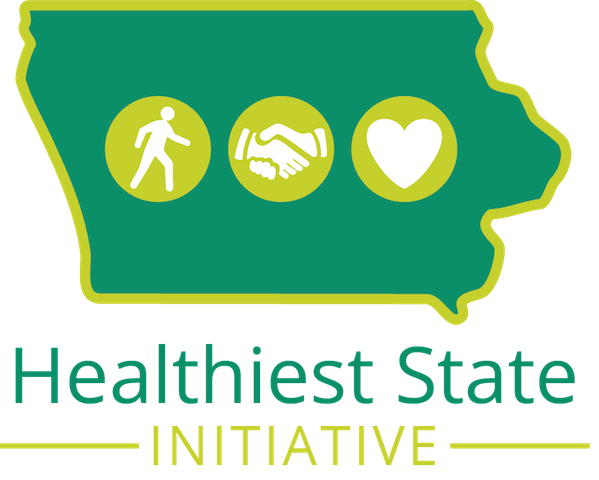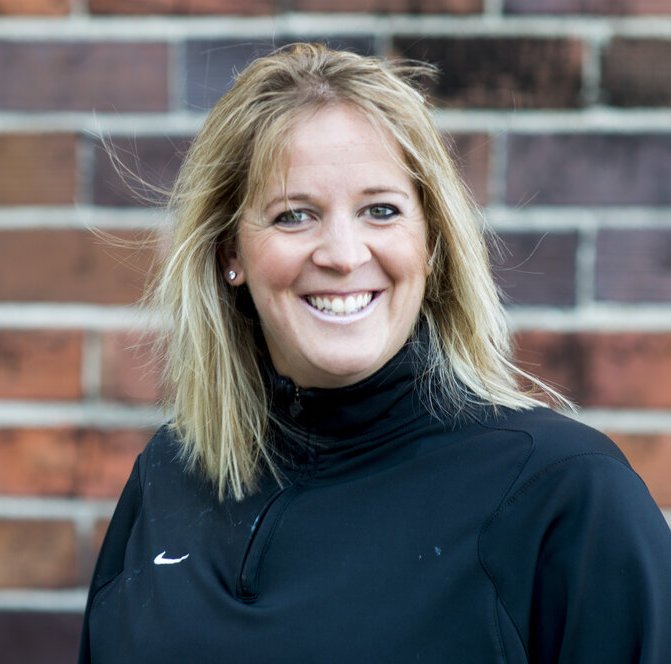Lyndsey’s Story
Her first thought was: “Not me.”
It was 2013, and Lyndsey Fennelly was in the middle of a two-week hospital stay following a mental breakdown. Her doctor diagnosed her with a mental illness, but she didn’t believe it. She didn’t want to believe it.
After her hospital stay, Fennelly walked out of the doctor’s office and didn’t return. She went back to life as normal.
“I just wanted to pretend like everything was fine, and I just needed to sleep and re-alter my schedule,” Fennelly said. “There was pride and ego. Those walls needed to be broken before I ever accepted that.”
A Los Angeles native, Fennelly came to Iowa by way of basketball. She played for the Iowa State University women’s basketball team in the mid-2000s. She married Billy Fennelly, son of longtime Iowa State women’s head coach Bill Fennelly, and stayed in Ames after graduation. In the years after her 2013 breakdown, Fennelly, now 34, opened a business, Campus Cycle, and had two children.
But in April 2018, due in part to an unforgiving schedule, her mental illness returned. Fennelly had another breakdown and this time stayed in the hospital for 21 days. It was then Fennelly decided to take her mental health seriously.
“I don’t know if I was more accepting of my condition because I had kids this time. I don’t know if I was more accepting because mental health is becoming more acceptable. But I didn’t look at it with the same type of scorn I did before,” Fennelly said.
While in the hospital, Fennelly’s husband brought a magazine for her to read. Fennelly read an article about Mariah Carey’s struggles with mental illness. Here was a larger-than-life celebrity helping others with her story. Fennelly wanted to be that role model.
“I decided this was going to be my mountain to climb, and I was going to stand on the tallest one possible and help others through it,” Fennelly said.
In the years since 2018, Fennelly has learned to manage her mental illness. She keeps a consistent schedule and carves out time for sufficient sleep. She’s on medication and sees a therapist. Fennelly said she understands her triggers, which plays an important role in backing away when she needs to.
“I’m in tune with everything that’s going on,” Fennelly said. “I have a strong support team that I can connect with if anything in my world starts to unravel. I kind of have safeguards in place.”
“I decided this was going to be my mountain to climb, and I was going to stand on the tallest one possible and help others through it.”
Fennelly has used her experience for good. She’s become an outspoken advocate for the importance of mental health. On social media, Fennelly posts almost daily about mental illness and her story. She hopes it has an impact on her many followers.
“I think we’re all on a continuum as it relates to mental health,” Fennelly said. “We could all be a little healthier, and we can all sleep more. We can all manage our triggers. Mental illness touches one in five Iowans, but mental health touches every single human being. We all have the capacity to improve our mental health.”



